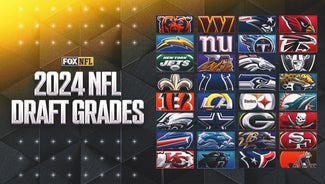





































































































































Carter exposes dark side of NFL
Cris Carter, the oughta-be Hall of Fame wide receiver, committed a Class A felony earlier this week against the NFL honor code.
No, the crime wasn’t that Carter paid bounties to teammates for “protection” against threatening defenders during his 16-year NFL career. The crime was that he admitted it publicly and pulled back the curtain a little too far on the NFL.
Which makes fans a bit uncomfortable.
First rule of Fight Club: You do not talk about Fight Club.
“I put a little change on his head before the game,” Carter said on ESPN’s “Hill and Schlereth” radio show, speaking of hard-hitting linebacker Bill Romanowski. “Protect myself. Protect my family. That’s the league I grew up in.”
As of late, the league Carter grew up in has begun to sound like Chicago mobs of the 1920s: Take this guy out! Put money on that guy’s head! Or, as the top scapegoat of the NFL’s culture of violence, former New Orleans Saints defensive coordinator Gregg Williams, said: “Kill the head and the body will die!”
But is anyone really surprised to learn about this dirty, ultra-violent underbelly of America’s favorite sport? Please. We’ve glamorized the huge hits for decades, brushing aside evidence of the long-term health effects on players. We’ve heralded the most violent of our football players as icons of our macho ideal, making it so that the worst violation of the NFL honor code isn’t the possibly career-ending hits to the head — it’s admitting publicly that those hits were intended to harm.
We’d rather pretend.
Or, as a Bay Area radio host said to Romanowski in a Wednesday interview about the bounty scandal: “Don’t you think everyone should kind of just shut up about it already?”
Indeed.
And why? Because football IS America. More than baseball defined our country of yesterday, football defines our country of today.
Football does have a culture of violence. It’s an uncomfortable fact, one we’d rather ignore.
Players talking about this culture? They’re ruining it for the fans. Look too deeply into the violent culture, and we might see a dark part of ourselves reflected back at us. We’d rather talk about Peyton Manning’s comeback and Andrew Luck’s future, not dwell on how this brutal game we love more than any other has become a serious safety issue.
A few months ago, I was in Las Vegas for a story on the Cleveland Clinic Lou Ruvo Center for Brain Health. Researchers were discussing a study on boxers and mixed martial arts fighters, trying to figure out why concussions and post-concussion brain diseases happened to some fighters but not others. I sat next to a 58-year-old Leon Spinks, who was heavyweight champion back in 1978. He’s recently been diagnosed with dementia. As Spinks was eating, pieces of food dropped from his mouth. He appeared to be falling asleep. He spoke as if his mouth was filled with marbles.
After meeting Spinks and his wife and talking about the sad horrors of dementia, I haven’t been able to look at boxing the same since.
And that’s what the past couple years in the NFL ought to do for all of us. Emerging evidence of long-term effects of repeated blows to the head. Former players suing the league for ignoring concussion research for years. Ex-players like Junior Seau, Dave Duerson and Andre Waters committing suicide. The New Orleans Saints engaging in a sordid system of prices literally being put on their opponents’ heads.
It was important that Cris Carter talk about Fight Club. It ensures we aren’t left off the moral hook by pretending the bounty scandal is the dealings of a lone wolf. This is just more evidence that Gregg Williams isn’t a rogue, bloodthirsty NFL coach who is far from the norm. It’s out there now, and we can’t help but confront it.
But when the curtain is pulled back, nobody likes what we see.
They say laws are like sausages: It’s better we don’t see how they’re made. Let’s not ignore so much about the NFL that it’s added to that list.
Because frankly, it’s too easy to ignore that dirty underbelly. And when we confront it head on — if we ever do — it will force us to begin not just a soul-searching examination of the NFL, but of ourselves.
You can follow Reid Forgrave on Twitter @reidforgrave, become a fan on Facebook or email him at reidforgrave@gmail.com.
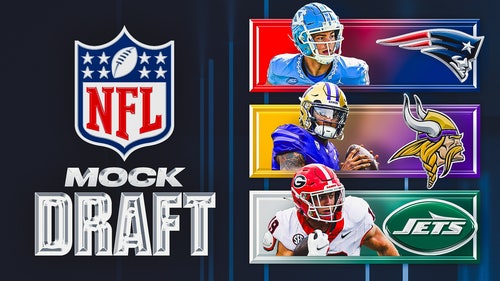
2024 NFL mock draft: Michael Penix Jr. rises, Brock Bowers cracks top 10
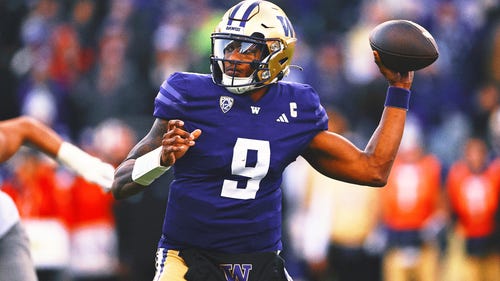
Atlanta Falcons select Michael Penix with No. 8 overall pick in 2024 Draft
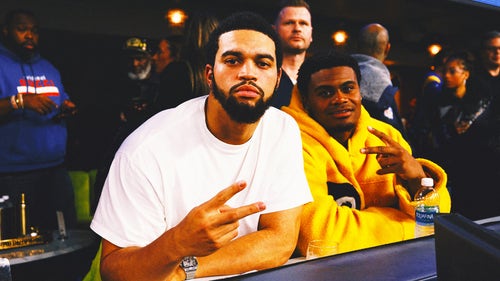
2024 NFL Draft outfits: Marvin Harrison Jr.'s necklace, Caleb Williams' nails go viral
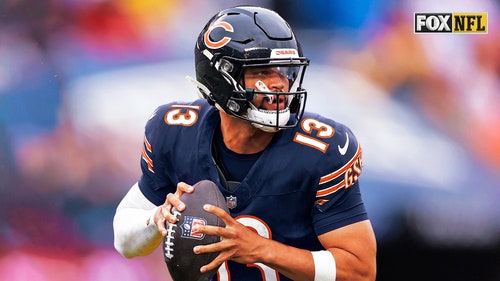
Chicago Bears select USC QB Caleb Williams with No. 1 pick in 2024 NFL Draft
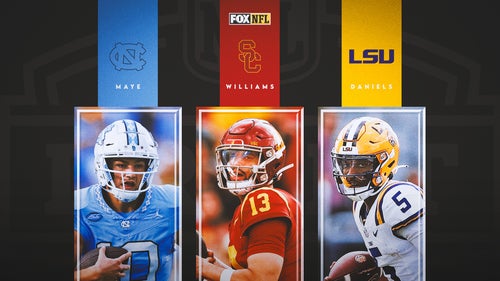
2024 NFL Draft QB rankings: Caleb Williams leads top 10 prospects

2024 NFL Draft Schedule: Date, time, how to watch, TV channel
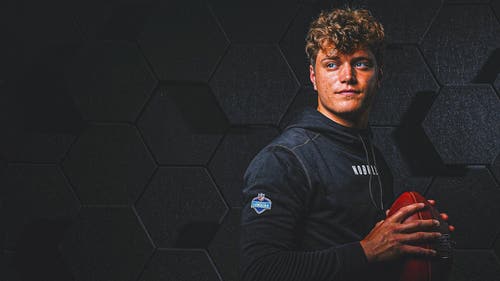
J.J. McCarthy among those who didn't go to Detroit for 2024 NFL Draft

2024 NFL Draft order: Every pick for all seven rounds
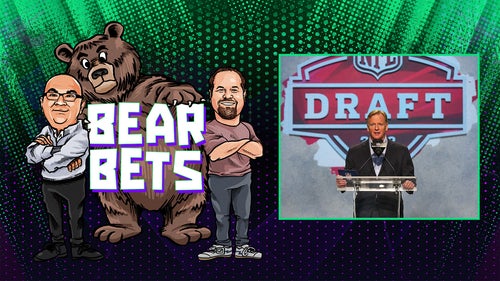
'Bear Bets': The Group Chat's favorite 2024 NFL Draft bets


2024 NFL mock draft: Michael Penix Jr. rises, Brock Bowers cracks top 10

Atlanta Falcons select Michael Penix with No. 8 overall pick in 2024 Draft

2024 NFL Draft outfits: Marvin Harrison Jr.'s necklace, Caleb Williams' nails go viral

Chicago Bears select USC QB Caleb Williams with No. 1 pick in 2024 NFL Draft

2024 NFL Draft QB rankings: Caleb Williams leads top 10 prospects

2024 NFL Draft Schedule: Date, time, how to watch, TV channel

J.J. McCarthy among those who didn't go to Detroit for 2024 NFL Draft

2024 NFL Draft order: Every pick for all seven rounds

'Bear Bets': The Group Chat's favorite 2024 NFL Draft bets
